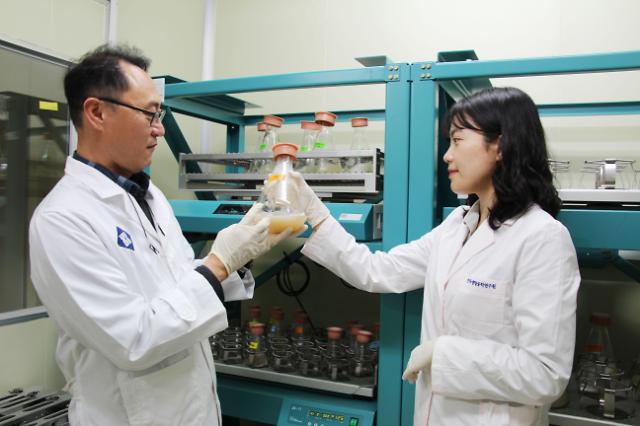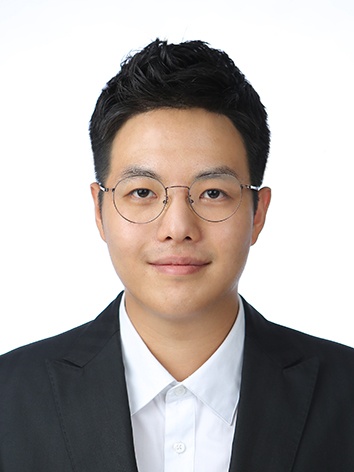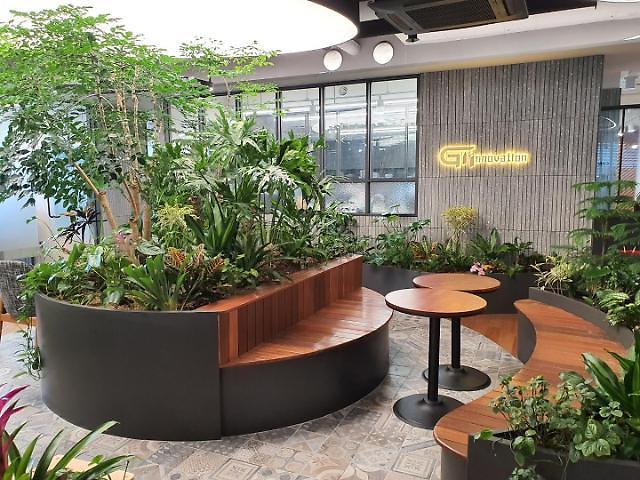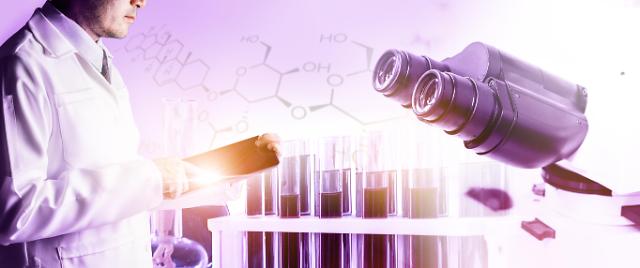
[Courtesy of Korea Research Institute of Bioscience and Biotechnology]
Researchers led by Jang Jae-hyuk, a natural products chemist at Korea Research Institute of Bioscience and Biotechnology (KRIBB), found out that native actinomyces separated from the soil of Ulleungdo produced the novel material, which was later titled "Ulleungdolin." However, the amount was insufficient to confirm its structure and function.
By increasing the production by more than 10 times using microorganisms from Antarctica, the research team found out that Ulleungdolin could be used as an inhibitor for cancer metastasis. The amount was increased by co-culturing with Leohumicola minima, fungi separated from a composite organism called "lichen" living on King George Island, Antarctica. The material turned out to lower the mobility of breast cancer cells.
"If we can find the endless potential of microorganisms, we should be able to respond to rare incurable diseases such as cancer," Jang said in a statement on November 17. The research team believes that certain substances produced by Leohumicola minima affected the manifestation of the actinomycetes biosynthetic gene involved in Ulleungdolin production. Additional research will be carried out to find out more about the substances.



